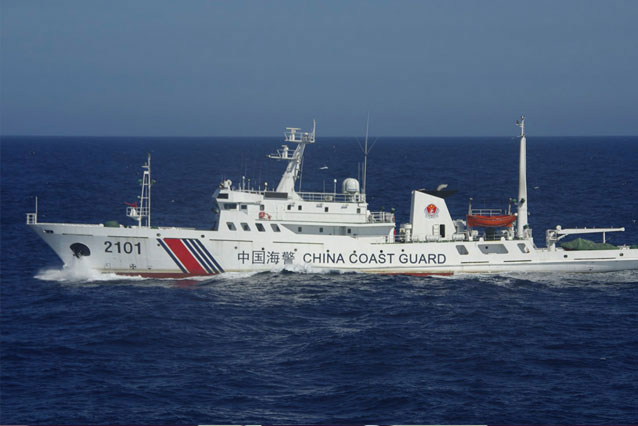 Chinese navy now imposing security zone over Spratlys
Chinese navy now imposing security zone over Spratlys
B-52 strategic bomber winds up China
 Chinese navy now imposing security zone over Spratlys
Chinese navy now imposing security zone over Spratlys
Dana Christensen
|
01 January, 2016, 01:29
Recommended
- Sweden secures first place in Group A
- Faraday Future Teases Tesla Rival Before CES 2016 Debut
- Leicester, Man City settle for 0-0 draw
- Charred Body Found on Northern Illinois University Campus
- 'Star Wars: The Force Awakens' has biggest box office opening ever
- Mosquito-Borne Zika Virus Spreading Throughout Brazil
- Land company fires worker for slurs toward protesters
- Scandal-hit Portuguese bank lost $10B in year it collapsed
- I'm too old to make more Star Wars movies — George Lucas
- Man charged after Fishergate Centre incendiary attack
- 11 drowned as boat sinks off Greek island
- Chicago releases hundreds of emails in fatal police shooting
- (MSFT) Reaches New 12-Month High at $56.85
- Pitbull's New Year's Revolution 2016 - Full Performers List!
- Burglary suspect shot after firing at officers, leading them on chase
Trending Now
Dont Miss
Popular destinations
- Best Non Gamstop Casino
- Non Gamstop Sites
- Casino Not On Gamstop
- Casino Not On Gamstop
- Casino Online Non Aams
- Non Gamstop Casinos
- Sites Not On Gamstop
- Non Gamstop Casinos Uk
- Sites Not On Gamstop
- Non Gamstop Betting Sites
- Best Online Casino Canada
- Online Casinos Not On Gamstop
- オンラインカジノ 一覧
- Mejores Paginas De Poker
- Gambling Sites Not On Gamstop
- Casinos Not On Gamstop
- UK Casinos Not On Gamstop
- Non Gamstop Casino Sites UK
- Slots Not On Gamstop
- UK Online Casinos Not On Gamstop
- UK Casino Not On Gamstop
- Meilleur Casino En Ligne France
- Meilleur Casino En Ligne
- Casino Not On Gamstop
- Bookmaker Not On Gamstop
- Casino Non Aams
- Meilleur Casino En Ligne Belgique
- Jeux Casino En Ligne
- Casino Online Esteri
- カジノ 仮想通貨
- Casino Live
- I Migliori Siti Poker Online
- Casino En Ligne Avis
- Migliori Casino Non Aams
- 코인카지노
- Casino En Ligne Français
- Nouveaux Casino En Ligne
- Casino En Ligne France
- Casino En Ligne France
